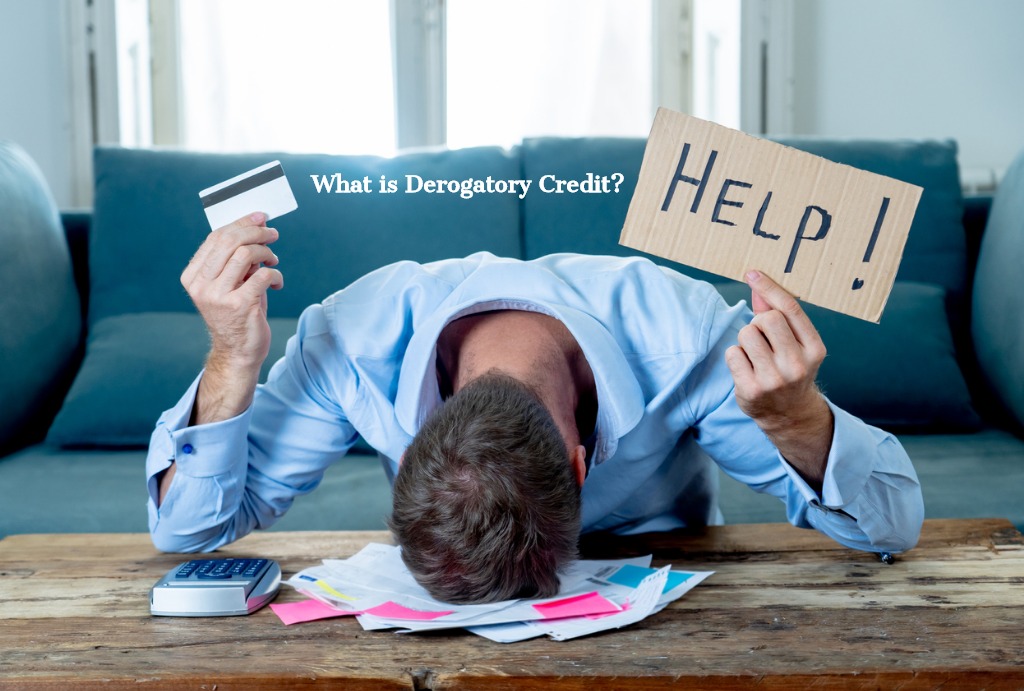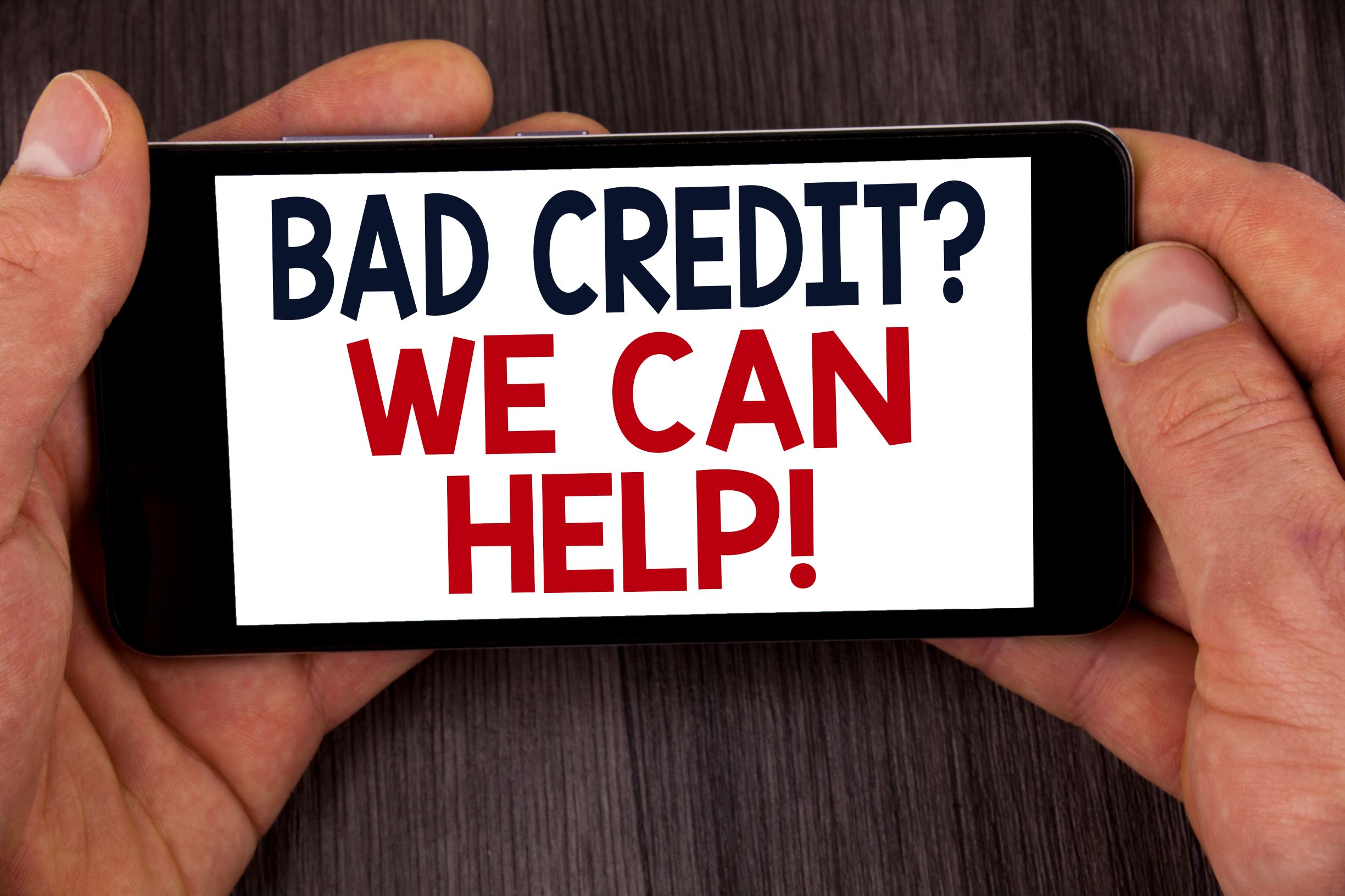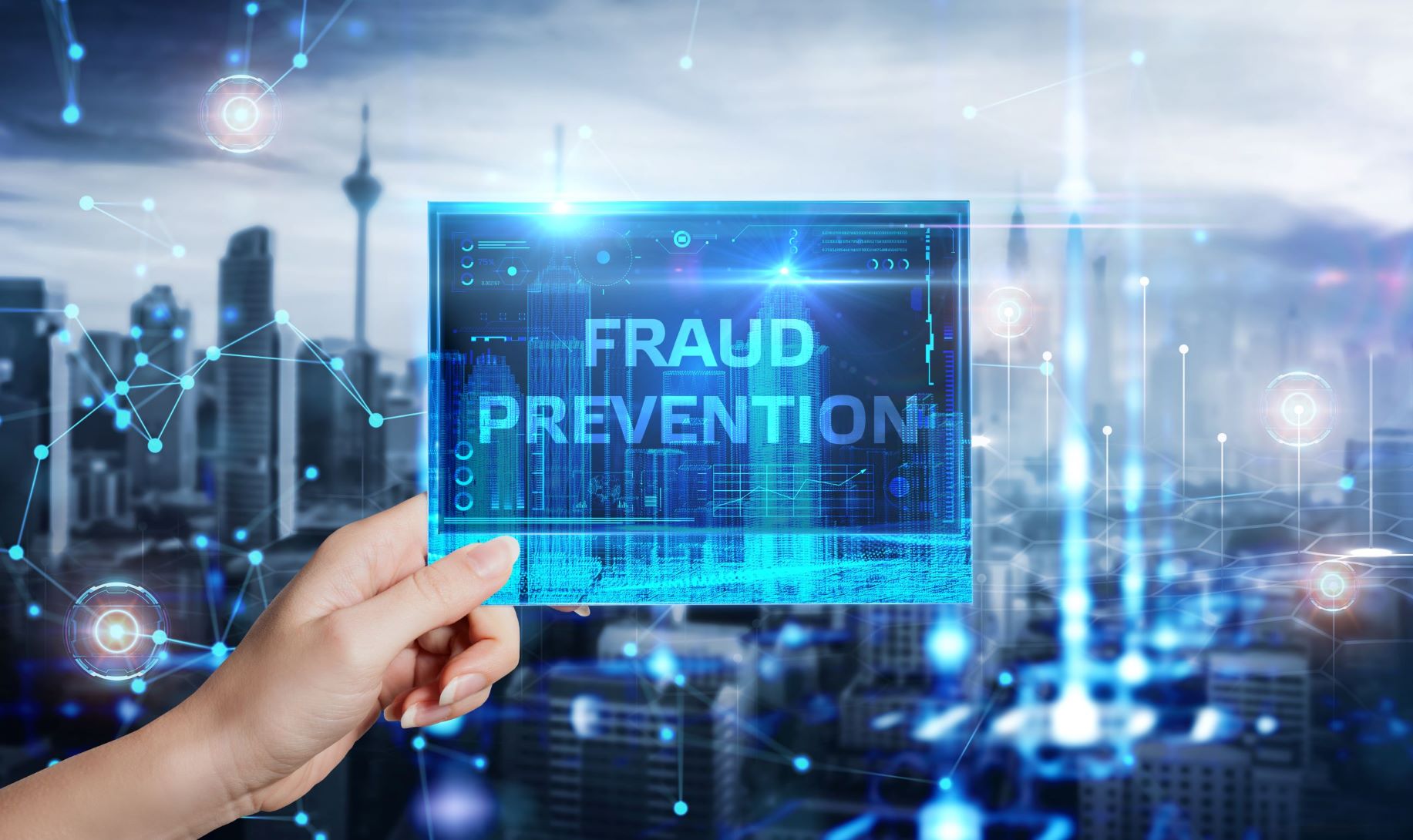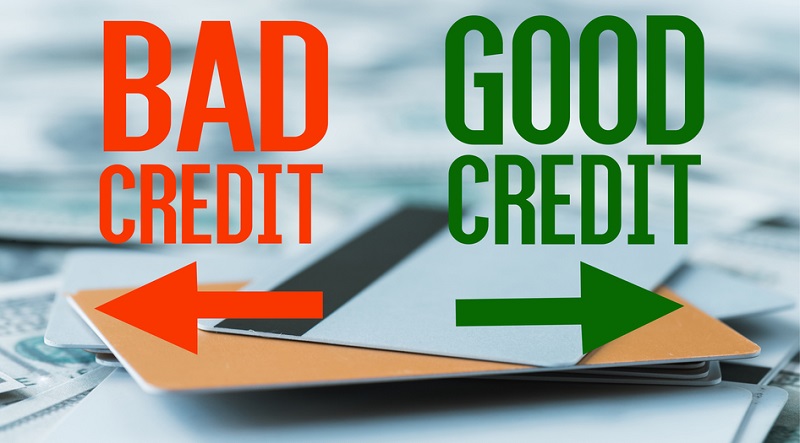- Home
- Derogatory
What Is Derogatory Credit? Remove These 8 Marks To Raise Your Credit Score Overnight!

What Is Derogatory Credit? As you transition into adulthood and move out to explore the world on your own, one of the most crucial steps is to figure out how to manage your finances better. Part of learning about making better financial decisions is learning about credit.
Access to credit is essential to many, and it is increasingly challenging to live a "regular" life in today's economy and society without credit. Free money, right?
What is derogatory credit? If it sounds too good to be true, then it probably is! While you might have access to credit, you shouldn't sign on those dotted lines until you understand what you're getting yourself into financially.
Unfortunately, many people are unaware of the credit system's details, credit reports, and what affects their credit scores, all of which have the power to influence their financial health significantly. One of the first and critical steps to learn about credit reports and how to improve your credit score is to know, what is derogatory credit?
What Is Derogatory Credit?
If you've noticed the words "derogatory marks" or "derogatory items" on your credit report, you must be wondering what they mean and the implications on your credit report. So, what is derogatory credit, exactly?
In a nutshell, derogatory credit marks are negative, long-lasting indications such as high balances or other items that show you're a potential risk if you borrow money. Added on your credit report by lenders, you have accounts with or when credit bureaus add public records to your credit report.
Public records may include tax liens, civil judgments, and bankruptcies. Therefore, any item on your credit files that increases your credit risk is considered a negative mark or, in jargon speak, derogatory credit marks.
What is Derogatory Credit? And What Does Having Derogatory Credit Marks Mean For Your Credit Score?

How Do Derogatory Marks Impact Your Credit Score?
Because credit bureaus calculate your credit score based on your credit file's information, derogatory marks have a direct negative impact on your credit score. There's no doubt that a derogatory mark will hurt your credit score. But how significant is the effect? That depends on several factors.
Some derogatory items, such as hard credit inquiries, will negatively affect your credit score. On the other hand, more severe derogatory things, like bankruptcy discharges, foreclosure, and charge-offs, can have much more extensive and long-lasting impacts.
Besides, derogatory items affect a higher credit score more than a lower score. However, regardless of how severe the derogatory marks are, each derogatory item will lower your score and make you less creditworthy.
If creditors see derogatory marks on your credit report, they might offer you a less-than-ideal product – maybe one that is too expensive – or reject your credit application altogether.
A lower score, coupled with many derogatory marks, may result in having a tough time getting approved for loans or getting less-than-convenient credit terms.
And don't assume that closing an account will remove derogatory marks, nor will it make the creditor stop trying to collect the money you owe. One way or another, it's up to you to figure out how to remove these marks and improve your score. But before that, it pays to know what leads to derogatory credit and how long they stay on your credit report.
What Brings About Derogatory Marks?
What is Derogatory Credit? Here are 8 types of derogatory marks that will lower your credit score:
- Late Payments: Resulting from loan or credit card payments that are more than thirty days past due. Often one of the most common "minor" derogatory marks on your credit.
- Bankruptcy: Resulting from the legal process of requesting relief from debt obligations in court. You'll either pay some or none of your total debt when you file for bankruptcy.
- Charge-Offs (An account in collections): These usually result from debts that have been assigned or sold to third-party collection agencies. When a creditor concludes that you won't pay them what you owe, typically after several missed payments, they can charge off your account and sell or assign your account to third-party collection agencies. These companies will then try to get the money from you.
- Foreclosure: Resulting from missed mortgage payments.
- Civil Judgement: if you lose in a civil lawsuit and you end up having to pay damages or debt, the civil judgment can appear on your credit reports.
- Tax Lien: Resulting from missed tax payments. If you don't pay your taxes, the federal government will place a lien – a claim – against your assets. The IRS will put this on your credit report.
- Debts Settlement: Resulting from an agreement between you and your creditor to pay back only part of the initial debt and cancel the remainder.
- Repossession: A repossession can happen if you miss many or fall seriously behind your asset loan payment.
Having either of the above derogatory items on your credit report doesn't necessarily mean your applications will be denied. Still, you'll have a tough time getting approved with these marks on your report. And if you're approved with derogatory items, you may be required to make a security deposit or a down payment, or even a higher interest rate.
How Long Will Derogatory Credit Marks Last?
Derogatory credit can plaque your credit report for a long time. Some derogatory items, such as bankruptcy, can stay on your credit report for the better part of a decade. Other derogatory marks, such as late payments, will remain on your credit report for up to seven years.
But it's not all bad news; the good news is that these marks will automatically fall off your credit files over time. However, you can start repairing your credit report before taking steps to remove derogatory marks.
Learn How To Deal With Derogatory Items, On Your Credit Report!

It's impossible to deal with derogatory marks on your credit reports if you don't know about them, so you must keep an eye on your credit files and check them at least once a month. Reviewing your credit files can help you spot and dispute incorrect derogatory items.
Your credit score benefits significantly from having positive information, so your credit score may start improving once you begin paying accounts on time. What is derogatory credit? And how do I fix it?
Here are a few ways to deal with derogatory marks:
- Review your credit report
- Wait for the marks to fall off your credit report automatically
- Dispute incorrect derogatory items
- Start healing your credit with credit repair
Credit Repair Can Help Deal With Some Derogatory Marks And Heal Your Credit.
You can dispute any derogatory mark on your credit report by filing a dispute thanks to credit repair companies. Many consumers have found hiring experienced professional credit repair companies, like Better Credit Booster LLC, less daunting and more successful.
Even if you have a good credit score, it pays to know what is derogatory credit in the context of your credit reports, if only so, to help you avoid them in the future. Luckily, if you can't avoid them, you can get rid of them through credit repair.
However, the best way to prevent derogatory marks is to follow one simple rule: always pay your debts on time. To avoid slip-ups, check your credit reports regularly, and work with a reputable credit repair company to heighten your awareness and help deal with derogatory marks when things go south.
Free 5-Day - Start Repairing Credit Challenge - Do It Yourself - Including A Live Expert Question & Answer Session.

Related Articles:
- Derogatory Status On Credit Report Files - Removed In Easy 3 Steps!
- Six Derogatory Accounts on Credit Report Files and How To Deal With Them!
- 6 Strategies for Removing Derogatory Marks From Credit Reports!
- Can I Pay To Get Rid Of Derogatory Marks On My Credit?
- Need A Letter Explaining Derogatory Credit, Don't Panic!
- Removing Derogatory Credit History Using Just One Of These 5 Proven Techniques
- Removing Derogatory Credit Information How Many Mistakes Do You Have?
- How To Fix Delinquent Credit The Smart, Quick, And Easy Way
- Better Credit Booster News and Tips
- 101 Credit Tips to Boost Credit Score Points, Today!
- Frequently Asked Credit Repair Questions and Answers - FAQ






